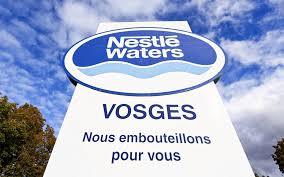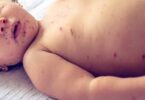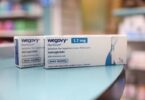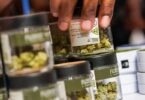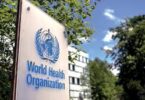PARIS (AFP): France’s food safety watchdog has recommended stricter monitoring of sites where the Nestle food giant extracts mineral water after traces of “fecal” contamination were found, according to a report seen by AFP on Thursday.
The recommendation, made to the health ministry last year, comes on top of an investigation by prosecutors into allegations that Nestle used illegal treatment to purify its mineral waters.
Nestle is a major player in the international bottled water market with brands including Perrier, Vittel and Contrex. It insisted that all of its products are safe.
In the report seen by AFP, the ANSES government food safety agency called for the “establishment of a strengthened monitoring plan to allow for trustworthy microbiology and chemical measures” at the water extraction sites.
The note said two regional health agencies had recorded “multiple findings of microbiological contamination of fecal origin” at the water sources, which made “reinforced surveillance” necessary.
ANSES confirmed to AFP that it had been approached by two regional health agencies “to determine conditions for a strengthened monitoring” of water production and that it had sent recommendations to the health ministry in October last year.
But it added that other elements in the report, including the name of the company involved, would remain secret and the whole report would not be released.
Sophie Dubois, managing director of Nestle Waters France, said the ANSES report had not been “brought to my attention”.
She insisted that “all natural mineral water put on the market in France under the Hepar, Contrex, Vittel or Perrier brands can be consumed in all safety”.
Hepar, Contrex and Vittel are bottled in the Vosges region of eastern France while Perrier is produced in Vergeze in the south.
“There is no question about food safety,” the company official added.
Dubois did say that there was a possible presence of “residual traces” of pesticides in water, but “very significantly lower than permitted levels for mineral waters”.
The CGT union at Nestle Waters has demanded that the management give an explanation.
“The trust is not there. They must stop the marketing and recall the bottles,” the Foodwatch consumer pressure group said.
The French health ministry did not immediately respond to an AFP question about the report.
Regulations on quality for mineral waters are stricter than for tap water in France.
A 2007 decree said that at the source and during the sale, “water must be free of germs indicative of fecal contamination, parasites and pathogenic microorganisms”.

